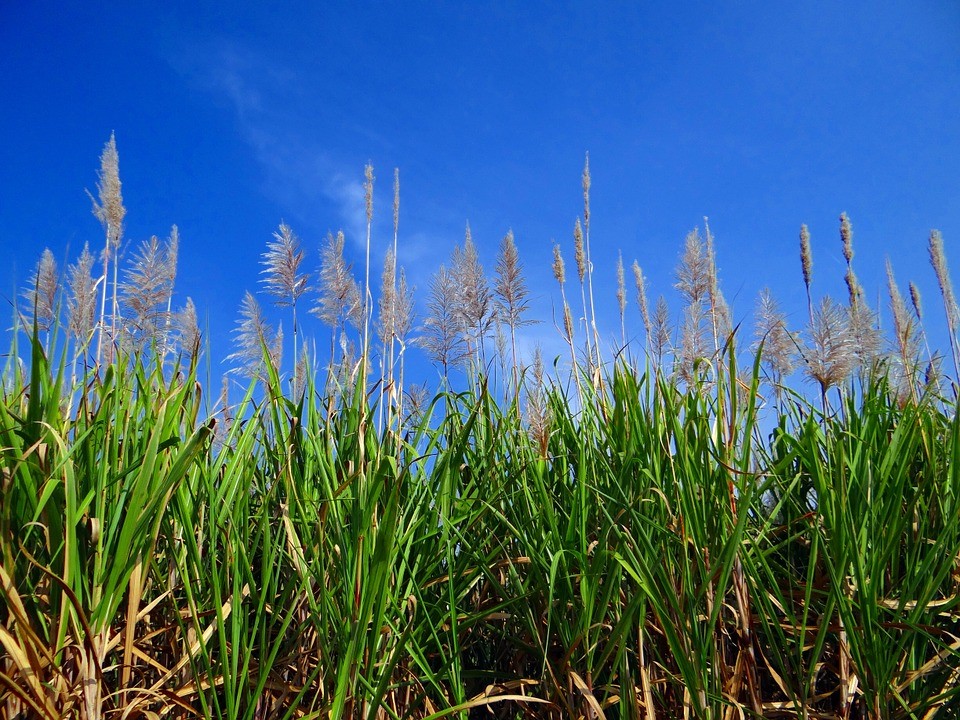By Kaitlin Cordes and Jesse Coleman, CCSI
Large-scale agricultural investments raise a number of challenges: negative environmental and social impacts, often borne primarily by local communities and land users, as well as operational and reputational risks, which have pained many an investor. Host governments also confront a number of challenges arising from investments, from facilitating investments that align with sustainable development objectives, to monitoring investor compliance with relevant obligations and best practices regarding responsible investment. One challenge that receives less attention is the risk that governments run of being sued by investors when projects don’t proceed as planned, often for legitimate reasons.
Tanzania is currently confronting this challenge, faced with a new international investment dispute tied to a proposed large-scale sugarcane and ethanol production project. The dispute concerns the Agro EcoEnergy project in Bagamoyo, a venture that has been criticized for its potential impacts on local farmers and villagers (with media reports noting allegations that more than 1,500 evictions would have been required), as well as for its potential impacts on wildlife and tourism at Saadani National Park. In January 2015, the Tanzanian parliamentary committee on Land, Natural Resources, and Environment reportedly required the Ministry of Lands, Housing, and Human Settlements Developments to recover 3,000 hectares of the land allocated for the project that fell within the national park; the following year, the entire project was reportedly halted.
The claim against Tanzania is being brought by four companies involved in the project, under a bilateral investment treaty in force between Sweden and Tanzania. It will be determined by means of investor-state arbitration, a unique and privileged form of dispute settlement available to foreign investors under many international investment agreements (IIAs), including the Sweden-Tanzania treaty. Investors with recourse to investor-state arbitration can bypass domestic court systems, bringing their claims directly before an international panel of arbitrators. Determinations rendered by the arbitrators are binding and enforceable in the domestic courts of most states. Host states can face significant financial liability if they are found to have breached their obligations under the applicable IIA—and often confront high costs in defending claims, regardless of outcome.
The Agro EcoEnergy dispute is not the only claim Tanzania faces. Earlier in 2017, two mining companies filed separate claims following the enactment of revised mining legislation that sought to, among other things, increase the state’s stake in mining projects and restrict access to investor-state arbitration. A further investor-state claim regarding another large-scale agricultural investment may soon be lodged by Italian investors under a separate IIA between Italy and Tanzania.
These investor-state claims are being brought at a time when the Tanzanian government is seeking to balance a complex and evolving set of obligations and priorities. In recent years, the government has actively sought to promote large-scale agricultural investments and to revise its national land policy. The government must also address how a fast-growing population and changing climate will affect its ability to achieve food security and improved nutrition. Communities affected by large-scale investments are feeling increasing pressures; land grievances stemming at least in part from inadequate protection of local land rights and lack of meaningful consultation of affected communities continue to create or exacerbate land-related disputes, some of which have given rise to local unrest and violence. The Agro EcoEnergy project has itself given rise to alleged land grievances concerning lack of prior consultation and loss of land without compensation.
These challenges are not unique to Tanzania: many states targeted for large-scale agricultural investments confront a similar web of competing rights, obligations, priorities, and interests. IIAs and investor-state arbitration have been criticized by civil society and other stakeholders for restricting host states’ ability to regulate in the public interest, and for promoting the rights and interests of investors without also requiring them to comply with applicable laws or human rights responsibilities. These and other criticisms have given rise to ongoing debate regarding reform of the international investment regime.
At the Columbia Center on Sustainable Investment (CCSI), we take these concerns seriously. As part of our ongoing research on responsible investments in land and agriculture, we produced a report examining the grievances that arise from large-scale land-based investments, the options available to governments for addressing those grievances, and the relevant legal obligations under investment treaties, human rights law, and contracts that may constrain or influence governments’ actions. We are also working to advance new thinking on aligning IIAs with sustainable development, including alternatives to investor-state arbitration.
One specific area of concern for us is whether and to what extent companies’ access to investor-state arbitration undermines access to justice for individuals and communities affected by large-scale investments. We’re currently researching this question and its implications, and are co-organizing multi-stakeholder events to further discussion of the topic, including a session at the upcoming UN Forum on Business & Human Rights. This work forms part of a broader effort to identify and advance concrete steps to support governments and communities facing legal challenges that arise in the context of land-based investment.
The Agro EcoEnergy case is not unique: more than 800 known treaty-based investment claims have been brought by investors, with a majority of cases brought against low- and middle-income countries. For those interested in ensuring that international investments contribute to sustainable development and do not harm local land users, further reflection is needed on how to grapple with the challenges posed by international investment arbitration for governments, local communities, and others.
This blog was originally posted here on the Earth Institute's State of the Planet.
Kaitlin Cordes is Head of Land, Agriculture, & Human Rights at CCSI; Jesse Coleman is a Researcher at CCSI, working with the Land, Agriculture, & Human Rights and Investment Law & Policy workstreams.
For further information about CCSI’s work on these issues, check out our website or contact us by email (ccsi@law.columbia.edu).

